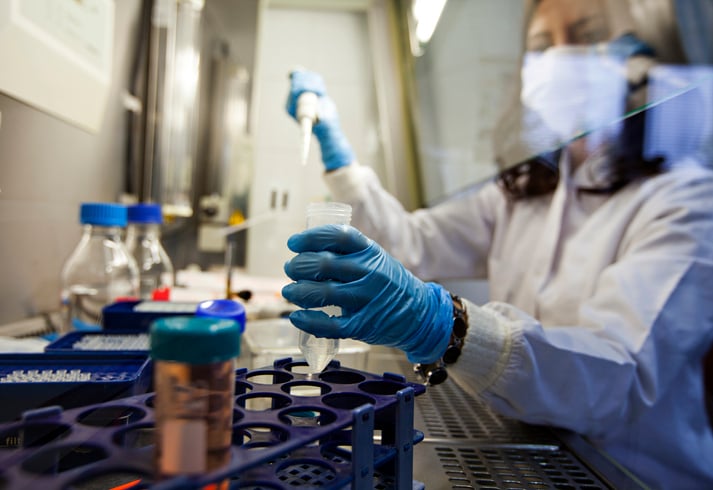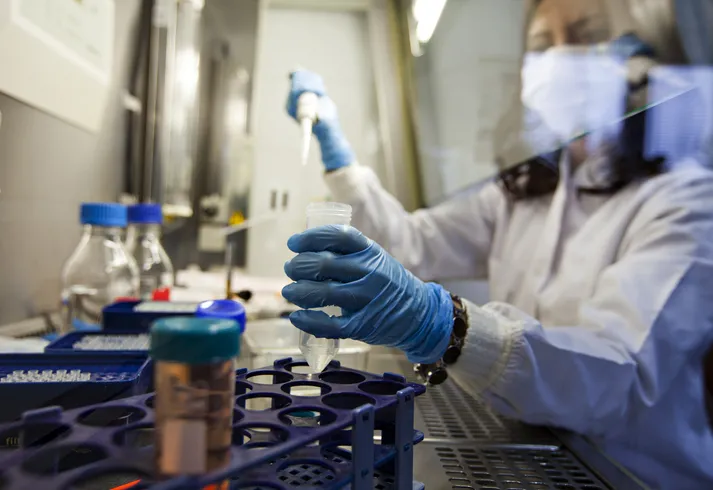Cancer Prevention: Should I Get Genetic Testing to Understand my Risk?
Maybe you have a family history. Maybe you're curious about your risk.
Predictive genetic testing for cancer can be a great tool for a specific subset of the population. Most people do not need genetic testing, but it is often recommended when hereditary cancers run in a family.

According to the American Cancer Society (ACS), roughly 5-10% of people diagnosed with cancer acquired it from their genetics, meaning it was passed down either from their maternal- or paternal-side or both. This is caused by a mutation in the DNA sequence that predisposes someone to cancer. This predisposition does not mean you will get cancer, but it does mean you are at a higher risk for developing certain types of hereditary cancers.
While cancer can come from the environment, personal factors and/or genetics, you should consider genetic testing if*:
- You have multiple relatives on one side of the family with breast, ovarian, prostate, pancreatic, endometrial, gastric, melanoma or colon cancer
- There is a known genetic mutation or syndrome on either side of the family such as BRCA, BRCA2 or Lynch Syndrome
- You or a family member has been diagnosed with more than one type of cancer
- One or more family members have been diagnosed or passed away from cancer before the age of 50
- A family member has been diagnosed with a rare type of cancer (example: breast cancer in a man)
- You are of an ethnicity with well-known cancer links (example: Ashkenazi Jewish individuals)
- A physical finding is linked to an inherited cancer (example: many colon polyps)
To get genetic testing, you will be required to provide information about your personal medical history and age, as well as a three-generation family pedigree. The specimen for genetic testing can be obtained through saliva or blood. One option is not better than the other, but RNA testing can be performed with a required blood sample. This specific type of sequencing gives clinicians the ability to provide more information about cancer prevention to patients with a mutation. Insurance often does not cover testing.
If you suspect you are a fit for predictive genetic testing, you may consider reaching out to a genetic counselor, gynecologist or oncologist. He or she can work with you to decide if testing is right for you.
*Source: The American Cancer Society
